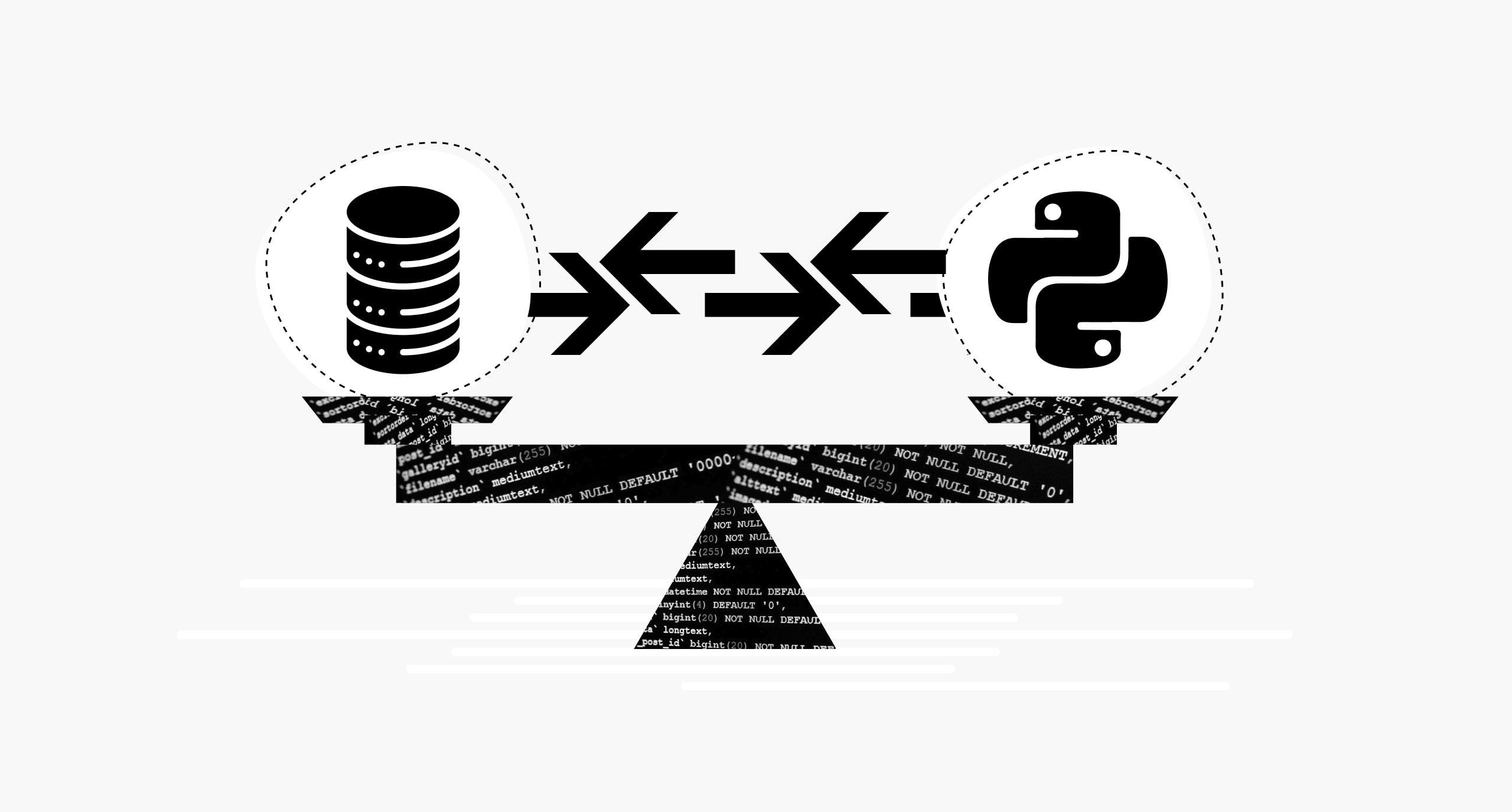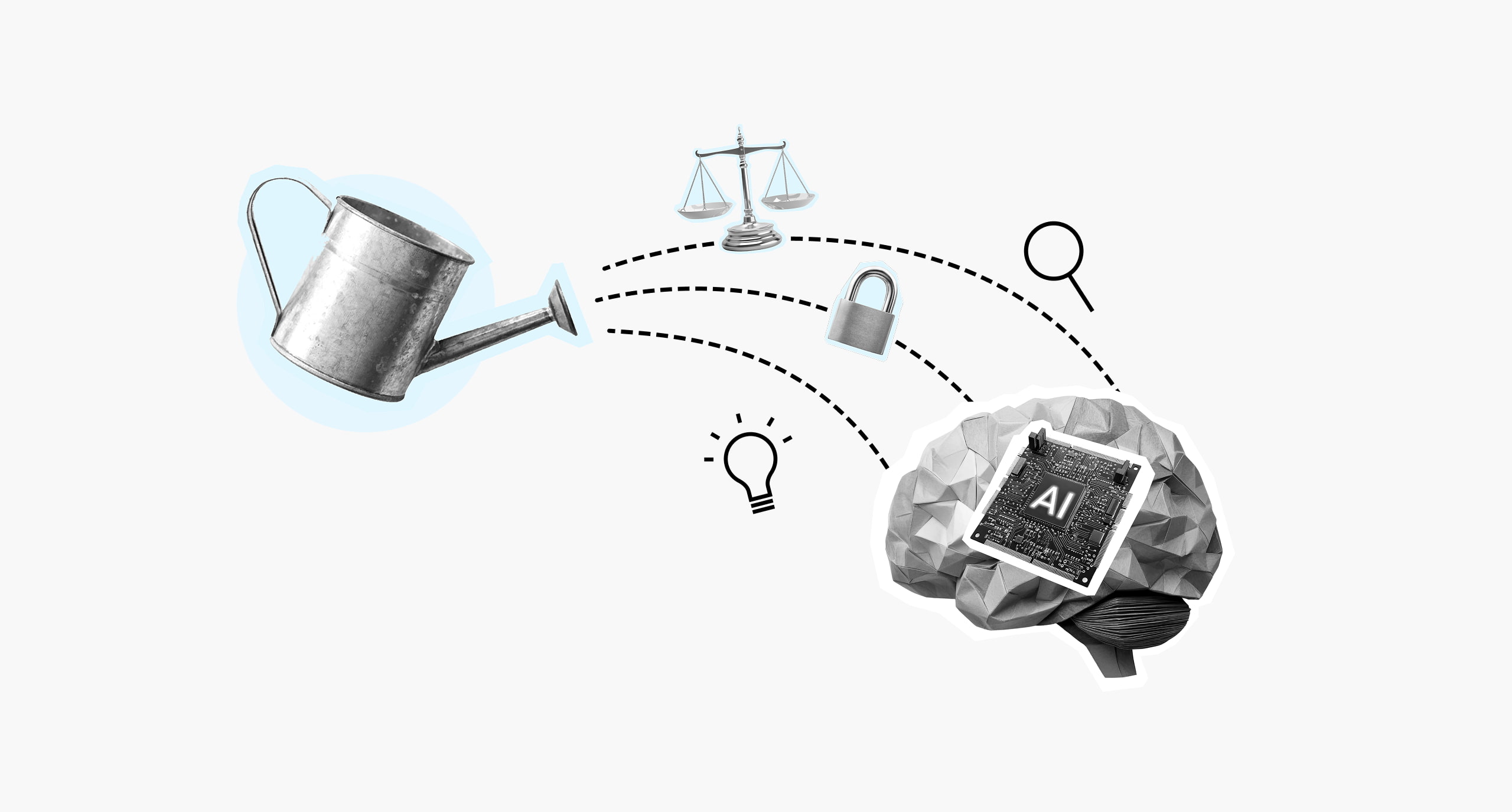Welcome to cybersecurity—the latest addition to the Master in Computer Science & Business Technology. Led by IE alum and CySuite Group founder, Marta de Zavala, this elective puts students ahead in modern business strategy, where cybersecurity is a fundamental pillar for businesses in the mid- and long-term.
Let’s find out how specializing in cybersecurity can guide you towards a meaningful career.
Why does the cybersecurity specialization give you a competitive advantage in the market?
Marta first graduated in Business Management and Administration, after which she started working in tech sales before shifting to a cybersecurity career in consulting—the latter with thanks to gaining master’s degree at IE School of Science & Technology. The master’s gave her the chance to meet an important need in the corporate market: Filling the gap between business teams and cybersecurity.
Now, as a cybersecurity professional, Marta aims to share real-world knowledge with students. “I started teaching cybersecurity management at IE Business School,” Marta explains. “There’s value in seeing the link between cybersecurity and business strategy. And that’s what my profile is all about that.”
As such, the new cybersecurity specialization focuses on strategy.
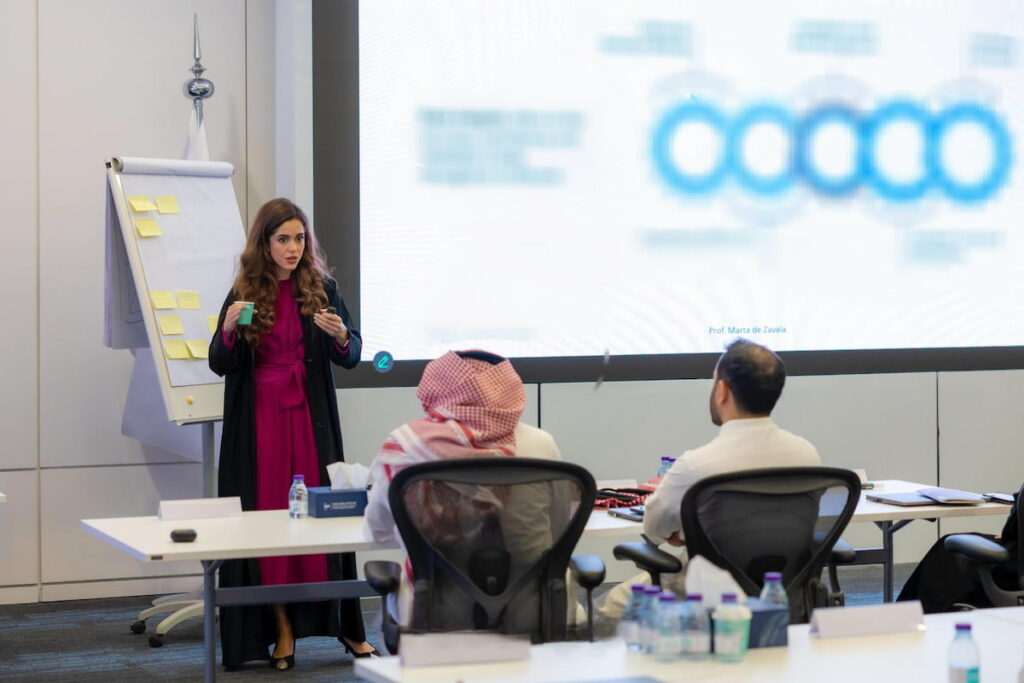
“We’ll analyze the field from a company perspective, which has a lot to do with reputation,” says Marta. “We’ll examine system security, network security and data protection as part of strategy, alongside crisis management and compliance. Those are the key points of departure. We’ll also have workshops about security quantification—breaking down costs, understanding how much cybersecurity costs a company in comparison to the collateral after a cyber attack.”
“In sales, everything’s easier after a cyber attack because people buy out of fear,” says Marta. “But it’s important to have a strong foundation in prevention, which is a big aspect of cybersecurity strategy. That means justifying costs to a CEO or CFO. Our specialization will allow students to tackle all fields of cybersecurity from the technical side to the business side.”
Challenges facing cybersecurity
Cybersecurity already faces real challenges that companies must prepare for. For Marta, training people continues to be critical. “More than 80% of successful cyber attacks come from human risk,” Marta says. “Phishing emails, for instance, or impersonations. You can have top-tier technology, but if your people aren’t trained, you can still fail.”
“There are instances of millions of dollars being lost. Solving this be as simple as having a clear protocol to avoid these situations. Let’s say, every time we receive a certain type of email, we require two-factor authentication, right? Or instead of just deleting a phishing email, we take the extra-step of personally calling the company or provider to confirm whether the request is legitimate.”
Looking ahead, Marta’s team at CySuite Group are preparing for new levels of threat.
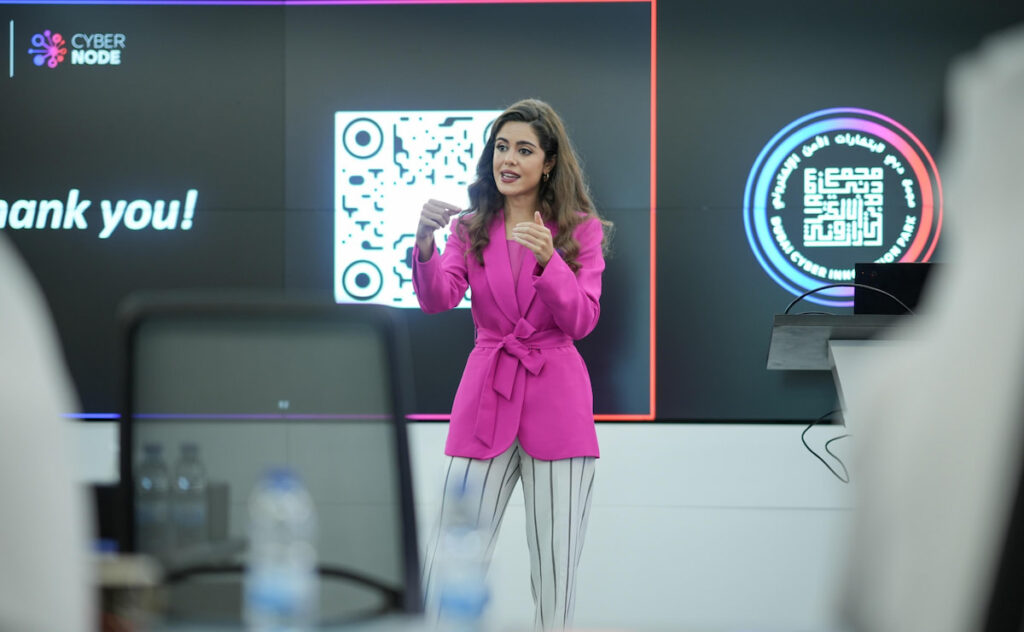
One of the main challenges in the near future is post-quantum security, which involves all the safeguards needed for companies to prevent and minimize the impact of a quantum computer cyberattack.
“Even if your data is safe today, it may not be once quantum computing becomes mainstream,” says Marta. “To put it simply, our current encryption methods will become outdated. Right now, powerful quantum computers like those from IBM and Google are mainly used for research. But the moment they become widely accessible, cybercriminals will use them too. That’s why we’re researching and developing solutions now—so companies can prepare for that future before it arrives.”
CySuite Group are tackling the uncertainty with extensive research, with a current portfolio of service that includes detailed code audits inside companies, reviewing systems line by line and flagging areas for future improvement.
Careers after specializing in cybersecurity
The rising interest in cybersecurity has generated a new inlet of jobs for tech-savvy professionals. In fact, it was Marta’s time in tech sales at a large multinational technology group that allowed her to buck the trend. “This was in 2017, before cybersecurity boomed,” she explains. “GDPR didn’t come into action until 2018. Companies were already facing issues like hacking and there was noise of regulations arriving. Sectors like banking or healthcare were pushing towards acquiring this type of service.”
Marta subsequently received a grant to study at IE School of Science & Technology. It was during this time she was approached by a multinational consulting firm.
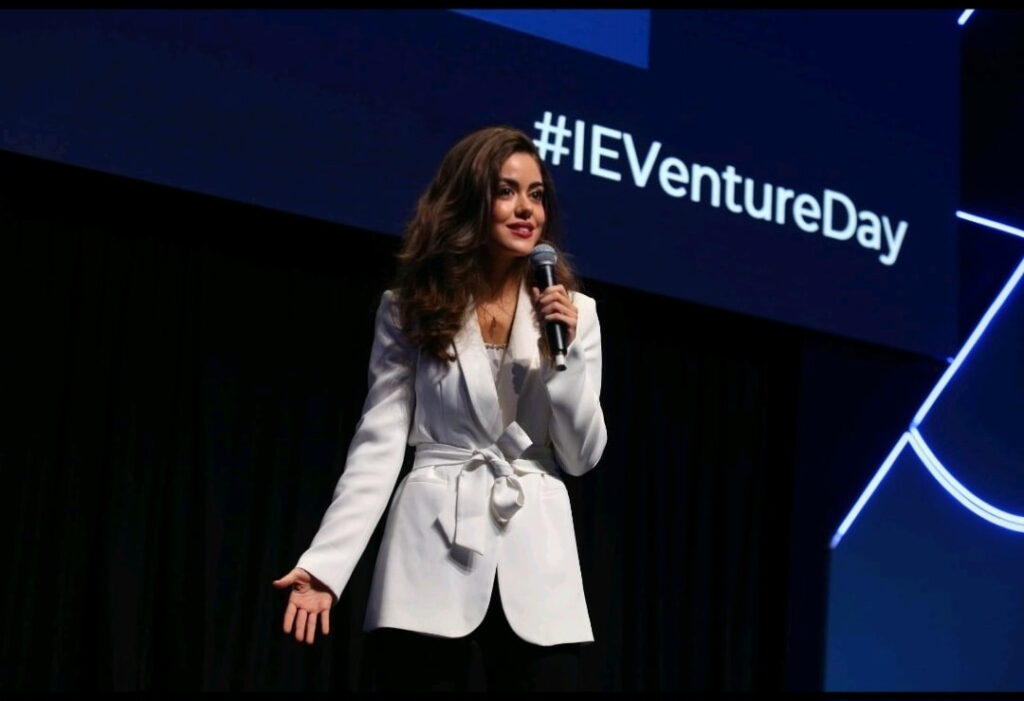
Marta worked in the consulting sector with large financial institutions in Spain and governmental entities in Saudi Arabi before going on to found her own company in Dubai. “I decided it was time for me to launch my own business,” Marta explains. “I noticed a need in the market for cyber security firms that could adapt to middle-size entities and not necessarily carry the big names we’re so used to seeing. So I started CySuite. We now have clients in the UAE, Saudi, Europe, Portugal, the UK and established partnerships in South America. ”
Reflecting on her own professional growth, Marta insists that graduates with this specialization will have a world of options open to them. Some may find themselves in consulting, where each project presents a new challenge, while others may opt for in-house roles at corporates, working across departments. The real opportunity lies in fuzing approaches. “Businesses need professionals who can translate complex technical risks into strategic priorities,” says Marta. With the centrality of data compliance in reputation, companies need experts in public-facing roles, handling crisis management protocols or working alongside PR teams.
That, of course, doesn’t rule out technical roles. “They may want to specialize in ethical hacking,” Marta notes. “Companies now stress-test their systems to identify vulnerabilities. Others may focus on compliance, tackling issues like money laundering or terrorism. There’s also growing interest in data protection, especially with fast-developing fields like cryptography and post-quantum security.”
Become more with IE School of Science & Technology
Marta’s journey—from business student to cybersecurity entrepreneur—captures exactly what the Master in Computer Science & Business Technology is designed to support. Her ability to bridge technical knowledge with strategic thinking shows how today’s cybersecurity leaders need more than just technical skills; they need business acumen, communication abilities and a clear understanding of organizational goals.
This is the same mindset the program fosters. Through hands-on projects, industry collaboration and specializations like cybersecurity, students build a dual skill set that prepares them to work across departments, industries and even borders. Marta’s own career proves how impactful this combination can be—from helping global clients manage risk to publishing resources like “Cyber Security for Families” to build awareness beyond the office.
Whether you want to consult, lead innovation in a corporate setting, or start something of your own, change is possible at IE School of Science & Technology. Follow the link below to find out more information.
Start specializing in cybersecurity with IE School of Science & Technology
Study the Master in Computer Science & Business Analytics.

Benjamin is the editor of Uncover IE. His writing is featured in the LAMDA Verse and Prose Anthology Vol. 19, The Primer and Moonflake Press. Benjamin provided translation for “FalseStuff: La Muerte de las Musas”, winner of Best Theatre Show at the Max Awards 2024.
Benjamin was shortlisted for the Bristol Old Vic Open Sessions 2016 and the Alpine Fellowship Writing Prize 2023.




